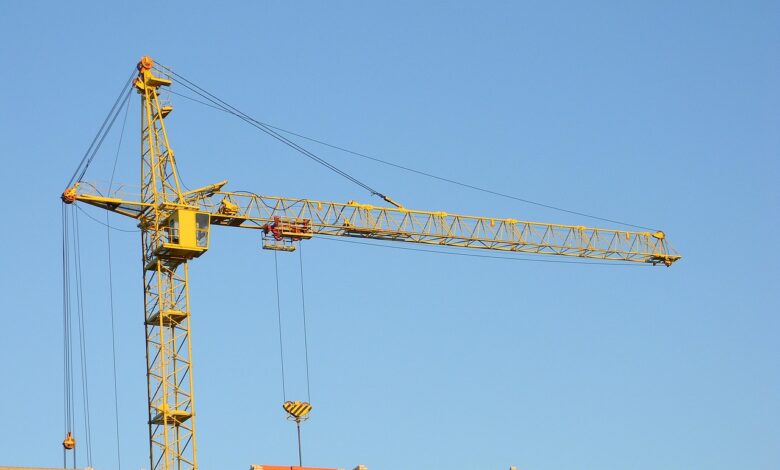Nigeria Tax Reform Bill Exempts Real Estate from VAT

Notably, Nigeria’s latest Tax Reform Bill, passed on April 25, 2025, aims to reshape the property market by exempting real estate transactions from VAT, as reported by nairametrics.com. Significantly, Nigeria faces a housing shortage of over 17 million units, so the government hopes this VAT exemption will directly reduce costs and boost housing affordability in Nigeria.
By eliminating VAT on land purchases and property sales, the plan should lower the price of building materials and homes. Ultimately, officials say these measures are designed to help low-income families access affordable housing.
Key Provisions of the Nigerian Tax Reform Bill
For example, officials confirm that no VAT will be charged on land purchases, property sales, or rentals. Additionally, provisions include waivers on stamp duties for rent under ₦10 million per month and removal of capital gains tax on home sales. These changes are designed to simplify past controversies and explicitly support affordable housing and construction. Key features of the bill include:
- VAT Exemption: No VAT on land, real estate sales, or rent
- Tax Relief: Stamp duty on rent below ₦10m is waived, and capital gains tax on home sales is eliminated
- Local Production Incentives: Priority support for domestic building-material manufacturers to lower costs.
- Streamlined Land Taxes: Simplified land titling and property tax harmonisation to cut red tape and fees

Boosting Housing Affordability in Nigeria
Stacks of coins in front of houses illustrate the potential savings from reduced property taxes. In effect, these reforms directly improve housing affordability by cutting taxes on homes and rent. In fact, officials say the bill is “designed to make housing more affordable and accessible to Nigerians”.
In practice, lowering VAT on property deals means developers can charge less for new homes and landlords may reduce rents. As a result, middle- and low-income families find it easier to afford decent housing.
Encouraging Real Estate Investment in Nigeria
To explain further, lower property taxes make Nigeria’s market more attractive for investors. Eliminating VAT on housing projects effectively lowers development costs. As a result, both domestic and foreign investors may pour more capital into Nigeria’s housing market.
Indeed, officials expect the reform to stimulate growth in the construction and real estate sectors and ease the burdens on low-income earners. In effect, the bill encourages real estate investment in Nigeria by making development projects more profitable and sustainable.
Boost to the Construction Sector in Nigeria
Nigeria’s construction firms also stand to benefit directly. The bill includes priority incentives for local production of building materials, especially non-metallic products, to strengthen domestic manufacturing.
Moreover, it promises streamlined land titling and harmonised property taxes, cutting delays for developers. As a result, construction companies can build more quickly and profitably. Consequently, the construction sector in Nigeria is likely to expand, creating jobs and supporting local suppliers.
Conclusion
In summary, Nigeria’s April 2025 Tax Reform Bill takes bold steps toward housing affordability and economic growth in Nigeria. Also, by exempting real estate transactions from VAT and supporting local construction industries, the reform aims to stimulate real estate investment in Nigeria and expand the construction sector.
Officials highlight that “the Tax Reform Bill will improve housing affordability” and “provide relief for people paying rent”. If enacted, these changes could ultimately transform Nigeria’s housing market into a more affordable and vibrant sector.
Want to stay ahead in Nigeria’s evolving real estate market? Follow us on our social media pages for more insights, expert tips, and the latest property updates.




